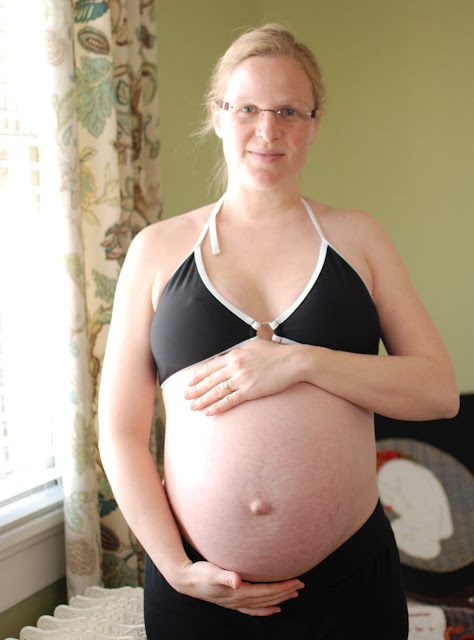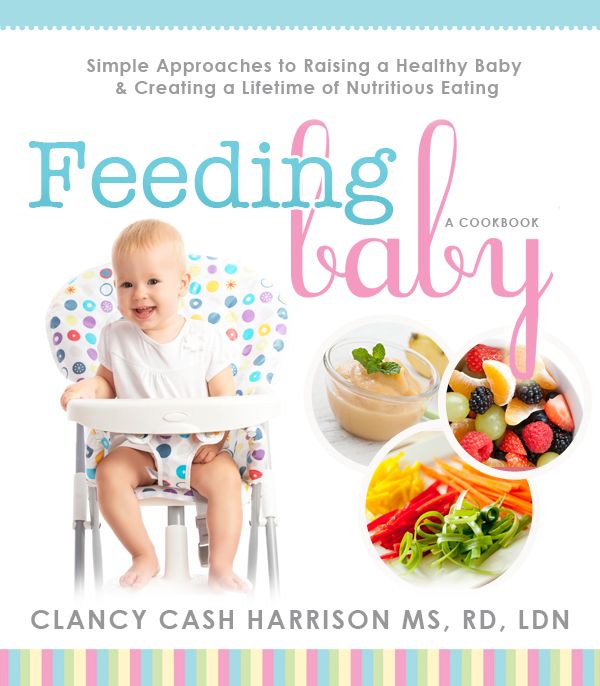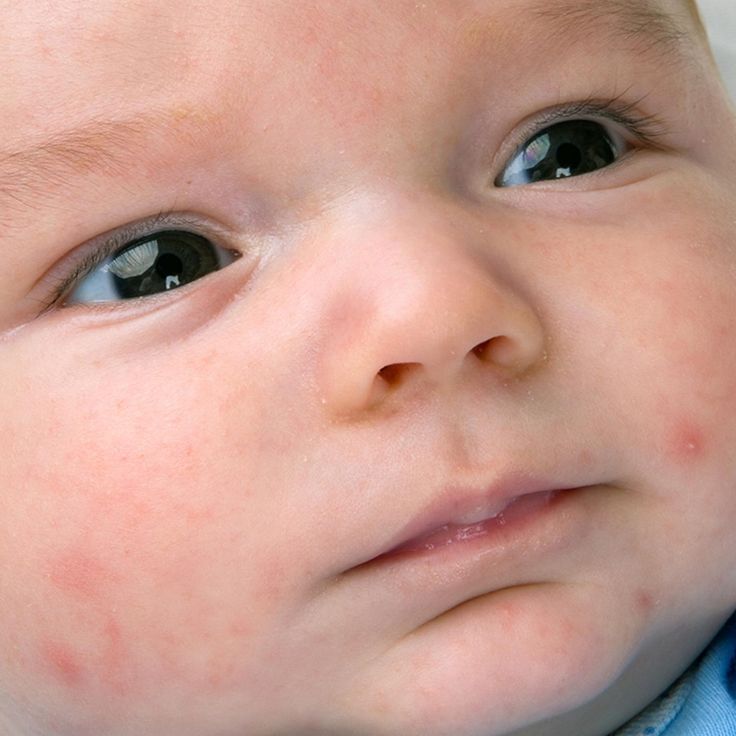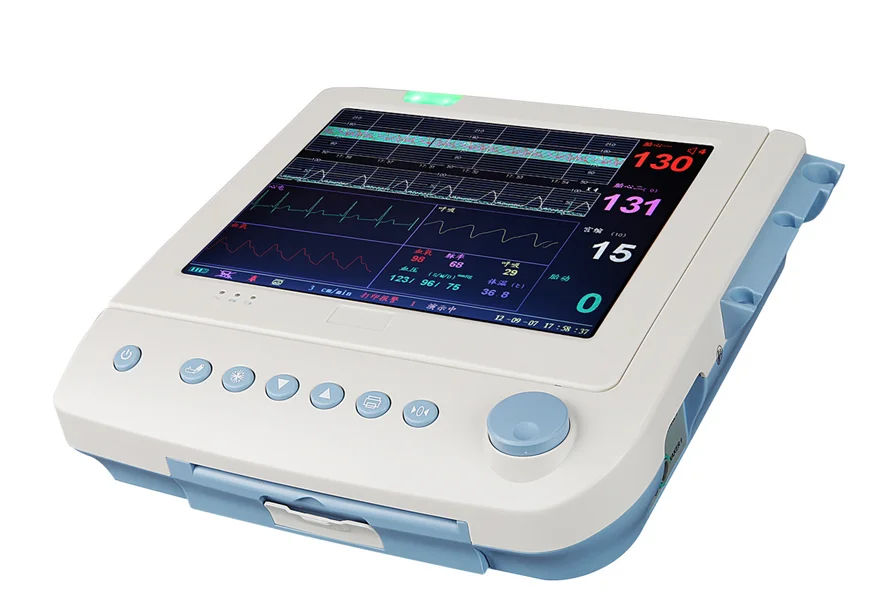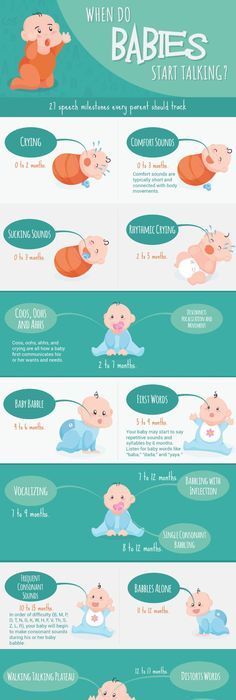Chances of getting pregnant week before period
Can You Get Pregnant on Your Period?
Most likely you will not get pregnant having sex while on your period. That’s because your ovulation time is several days away decreasing any chances of getting pregnant during this time. However, there are exceptions. This applies to women who have a typical 28 to 30 day or longer cycle. If you have a shorter cycle, say every 21 to 24 days, that means you are ovulating earlier in the cycle. Because sperm can live inside you for up to 5 days, you could have sex towards the end of your period and then conceive 4 or 5 days later with your early ovulation.
The probabilities of getting pregnant during your period are low, but the possibilities are there. This is not the time to have sex if you are trying to get pregnant.
Can You Get Pregnant Right After Your Period?
You are moving into your fertility window, so yes, you can get pregnant right after your period. On a typical cycle that occurs every 28 to 30 days, the fertility window is usually between Day 11 and Day 21. Remember, sperm can live up to 5 days. If your period (bleeding time) lasts for 5 to 7 days, and you have sex right after that, you are approaching your fertility window.
Can You Get Pregnant on the Last Day of Your Period?
If you stop bleeding on Day 6, have sex on Day 7 and ovulate on Day 11, it’s possible the sperm from Day 6 will be waiting in your fallopian tubes for conception. Your chances of conceiving right after your period increase each day after your bleeding has stopped. If you are trying to conceive this is a good time to have sex. Increase your chances of conception by having sex every other day for the next 14 days.
What About Right Before Your Period?
The likelihood of getting pregnant right before your period is extremely low. For women with a typical 28- to 30-day cycle or longer and their cycles are regular, it is fairly safe to say your ovulation occurred between Day 11 and Day 21. The egg is only available for 12 to 24 hours for conception.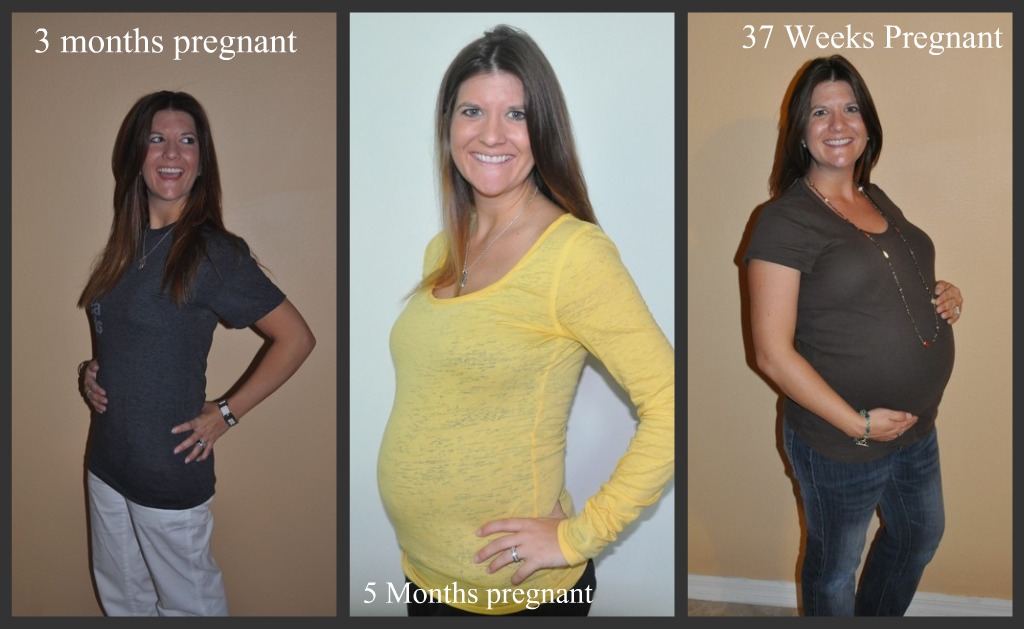
This means the days right before your period are the safest to have sex without the expectation of getting pregnant. The number of “safe days” right before your period go up with longer cycles and lessen with shorter cycles.
If you wait 36 to 48 hours after ovulation, you should be beyond the possibilities of conception. The further you are from ovulation, the less likely your chance for conceiving. This is not the time to have sex if you are trying to conceive. It’s still a good time to enjoy intimacy with your partner.
Bottom Line
A woman’s ovulation cycles can vary, so it’s statistically possible you could become pregnant while on your period. While pregnancy is less likely in the earlier days of your period, the chances increase in the later days.
If you’re trying to become pregnant and haven’t conceived after a year or more of having unprotected sex, download our new e-book The Ultimate Fertility Resource Guide. It’s a free download and has the essential information and tips you need to improve your fertility and get pregnant faster.
- Track your ovulation cycle with our free Ovulation Calendar
- Tracking Ovulation with Irregular Periods
Can You Get Pregnant Right Before Your Period? Chart, Test, More
Although it is possible to get pregnant in the days leading up to your period, it isn’t likely.
You can only get pregnant during a narrow window of five to six days a month.
When these fertile days actually occur depends on when you ovulate, or release an egg from your ovary.
Ovulation usually occurs in the middle of your menstrual cycle — about two weeks before your period — but not everyone’s cycle is regular.
Even for those with a regular cycle, it’s possible to ovulate earlier or later. This can shift the fertile window by a few days in a given month.
In other words, it’s difficult to pinpoint a time in your cycle where you can 100 percent guarantee that you will or won’t get pregnant.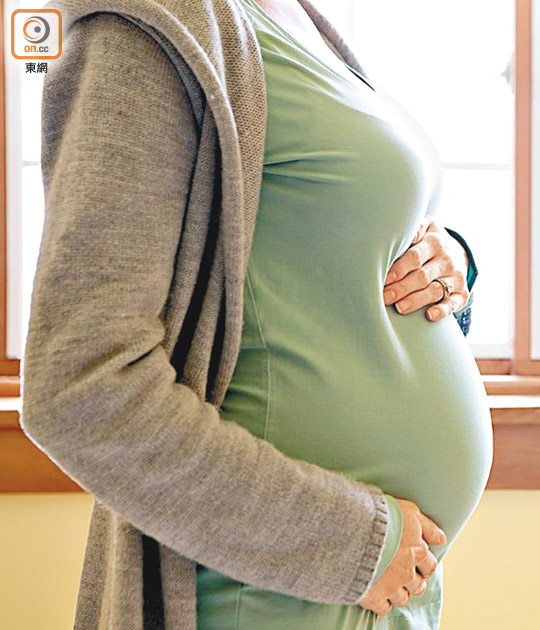
| Chance of becoming pregnant | It’s unlikely | It’s possible | It’s likely |
| 14 days before | X | ||
| 10 days before | X | ||
| 5–7 days before | X | ||
| 2 days before | X | ||
| 1 day before | X | ||
| During menstruation | X | ||
| 1 day after | X | ||
| 2 days after | X | ||
| 5–7 days after | X | ||
| 10 days after | X | ||
| 14 days after | X |
The average menstrual cycle is 28 days, with the first day of menstruation as cycle day 1.
Most periods last two to seven days. Pregnancy is uncommon during this time, because your peak fertility window is still about a week or so away.
Around days 6 to 14 of your cycle, your body will start releasing follicle-stimulating hormone (FSH).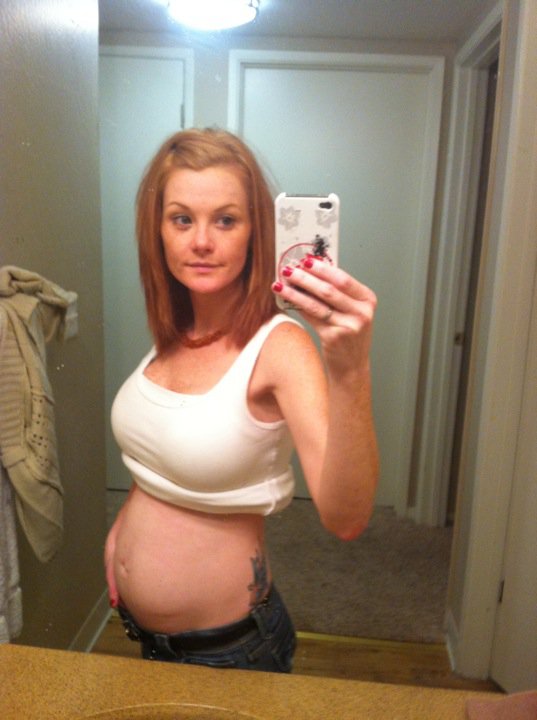
This helps develop an egg inside your ovary. Your body will also begin rebuilding the endometrial lining in your uterus.
Pregnancy is slightly more likely during this time. Sperm can live up to five days inside the body, so it could still be present when the egg matures.
Once the egg is mature, your body will release lutenizing hormone (LH), triggering the egg’s release from your ovary (ovulation).
Ovulation usually occurs around cycle day 14. Pregnancy is likely on ovulation day.
That said, ovulation doesn’t always happen like clockwork. It can occur anywhere from four days before to four days after the midpoint of your menstrual cycle.
The bottom LineIf you ovulate later in your cycle or start your period sooner than usual, you could become pregnant if you have sex in the days leading up to your period.
Lots of people don’t have 28-day cycles. Some have cycles as short as 21 days and others as long as 35 days.
In fact, in one study, only about 30 percent of participants had their fertile window fall within days 10 to 17 of their cycle. Only 10 percent had ovulation fall exactly 14 days before their next period.
Stress and diet can also impact when ovulation occurs, as well as medical conditions such as polycystic ovary syndrome (PCOS) and amenorrhea.
Menstrual cycles can also be more irregular during adolescence or perimenopause.
In many cases, ovulation still happens around the middle of your cycle.
Try thisIf you’re trying to figure out when you might be ovulating, a good place to start is by determining the midpoint of your individual cycle.
But if your cycle length varies from month to month, it may be helpful to use a backup birth control method.
If you’re trying to get pregnant, you might consider formally tracking your ovulation. This can provide a more reliable view of your fertile window.
You can do this a number of ways, including:
- tracking your basal body temperature
- using an over-the-counter ovulation predictor kit
- wearing a fertility monitor
The only time you can get pregnant is during your fertile window.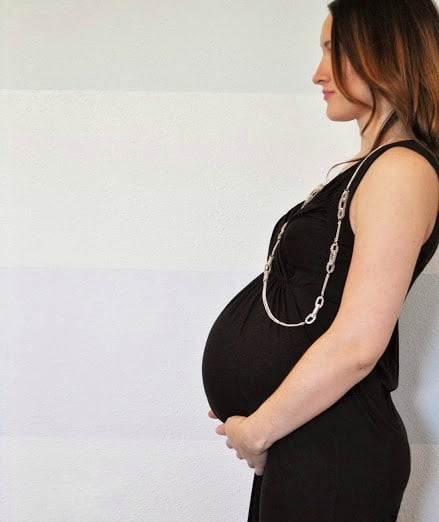
An egg only lives for about 24 hours after being released from your ovary, and sperm can only live for up to five days inside the body.
That means you can only get pregnant if you have sex:
- in the four to five days leading up to ovulation
- on the day of ovulation
- on the day after ovulation
If you’re looking to conceive, the best time to have sex is right before ovulation. This will give sperm time to reach the fallopian tube and meet the egg there.
After that, if no sperm has fertilized the egg, it will dissolve. You won’t be able to get pregnant until your cycle restarts.
It isn’t impossible, but it’s unlikely. The timing would have to be perfect for the egg and sperm to reach each other in time.
If you have sex toward the end of your period and you ovulate early, it’s possible for the egg and sperm to both be alive at the same time and for fertilization to occur.
It’s unlikely — though slightly more likely than if you have sex during your period.
If you have sex right after your period and you ovulate early that month, it’s possible to get pregnant.
This is more likely with people who have a shorter-than-average cycle, because ovulation occurs more frequently.
Your period will only start if the egg isn’t fertilized and the cells are reabsorbed.
This causes estrogen and progesterone levels to fall and menstruation to begin.
However, you may experience some spotting during early pregnancy.
One study found that 14 out of 151 participants experienced one day of vaginal bleeding in the first eight weeks of pregnancy.
Furthermore, 15 percent to 25 percent of people may experience spotting during the first three months of pregnancy.
Taking note of the timing and any other symptoms present can help you differentiate between typical menstruation and pregnancy-related spotting.
Implantation bleeding usually occurs 6 to 12 days after conception. It’s caused by the fertilized egg attaching to your uterus lining.
It’s caused by the fertilized egg attaching to your uterus lining.
This light spotting usually only lasts 24 to 48 hours and is generally much lighter than the average period.
You may also experience spotting as a result of increased blood flow in the cervix. This type of spotting is most common after sex, a Pap test, or a pelvic exam.
If you’re experiencing unexpected bleeding, see a doctor or other healthcare provider.
If you had unprotected sex and want to avoid pregnancy, take emergency contraception (EC) as soon as possible.
There are two main types — the copper IUD and the hormonal EC pill — and they can both work up to five days after unprotected sex.
The IUD prevents pregnancy by producing an inflammatory reaction that’s toxic to sperm and eggs.
It’s more effective than the morning-after pill, but it’s only available by prescription and has to be inserted by a doctor within five days of unprotected sex.
The pill delivers a high dose of hormones to delay ovulation or prevent a fertilized egg from implanting to the uterus.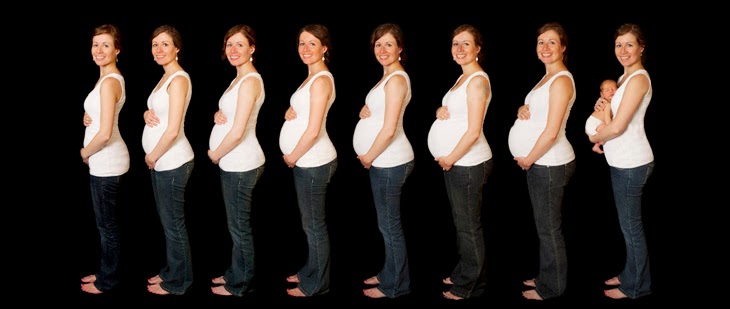
Plan B One-Step, Next Choice, and MyWay are all available over the counter.
Which should you use?As a general rule of thumb, EC pills may be less effective for people who have a higher body mass index (BMI).
There isn’t any research to suggest that the copper IUD is similarly affected by BMI, so this option may be more effective.
Talk to your local pharmacist or other healthcare provider about which EC option is right for you.
Wait until the first day of your missed period to take a home pregnancy test.
But if you can wait a little longer, taking the test one week after the date of your missed period may produce the most accurate result.
If you have an irregular cycle, wait one to two weeks after you had sex to take the test.
This will allow your body to develop high enough human chorionic gonadotropin (hCG) levels to be detected by the test.
If you get a positive result, you might want to check again in a day or two since it’s possible to get a false positive. Then reach out to a medical provider to confirm the results.
Then reach out to a medical provider to confirm the results.
Whether you’re trying to prevent pregnancy or trying to conceive, it’s always a good idea to talk about it with a doctor or other healthcare provider.
They can help you learn more about your cycle and discuss your options moving forward. This could include birth control, fertility awareness, or family planning.
Simone M. Scully is a writer who loves writing about all things health and science. Find Simone on her website, Facebook, and Twitter.
Is it possible to get pregnant before menstruation?
Share
0Is it possible to get pregnant before menstruation
Yes, but the probability is low. If you want to get pregnant, then it is better to choose days that coincide with the "fertility window" - this is the time five days before ovulation, immediately after ovulation, and up to 24 hours after.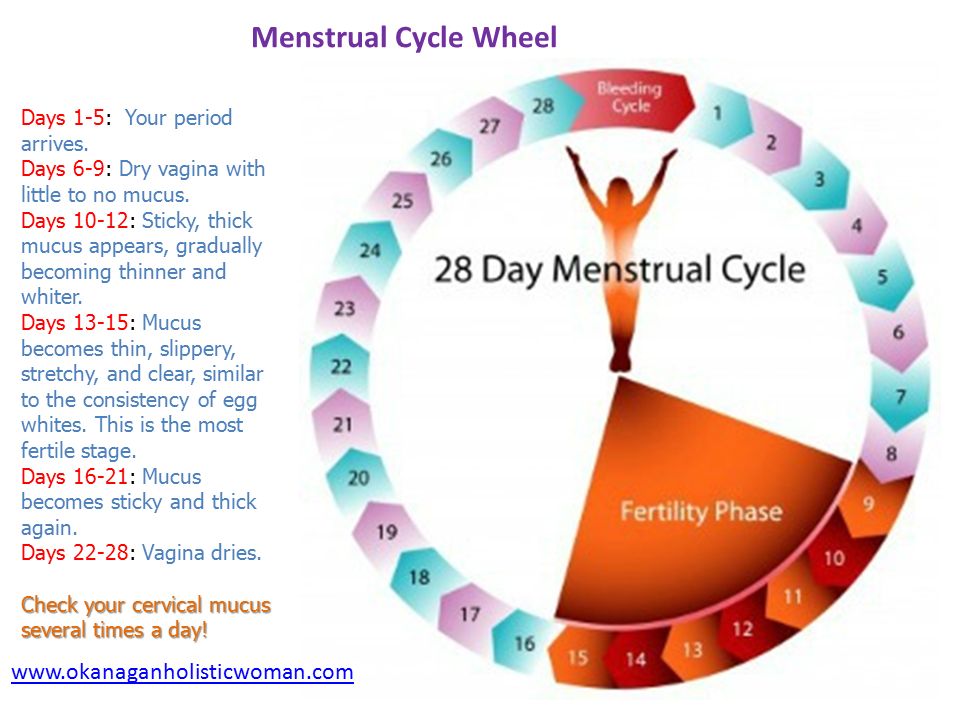 At this time, the chances of fertilization will be highest. This variation arose due to the fact that sperm remain alive in the uterus and fallopian tubes for up to five days, and the egg for up to two.
At this time, the chances of fertilization will be highest. This variation arose due to the fact that sperm remain alive in the uterus and fallopian tubes for up to five days, and the egg for up to two.
If, on the contrary, you would like to avoid conception, then with a high degree of probability nothing will happen before your period. However, the opportunity is still there. Therefore, if you are not planning on having a baby at the moment, be sure to use effective methods of contraception whenever you have penetrating sex. It can be, for example, a condom.
Why you can get pregnant even before your period
You can count days for years, and then face failure and unplanned pregnancy. So, in 221 women with regular periods, the ability to conceive was checked for 696 cycles, as a result, only 30% of the fertility window completely coincided with the calculations, and 4-6% were able to become pregnant on the day they were waiting for the start of their period. It is quite difficult to accurately determine the time of ovulation, any violation shifts the window by several days, so no one can give a guarantee.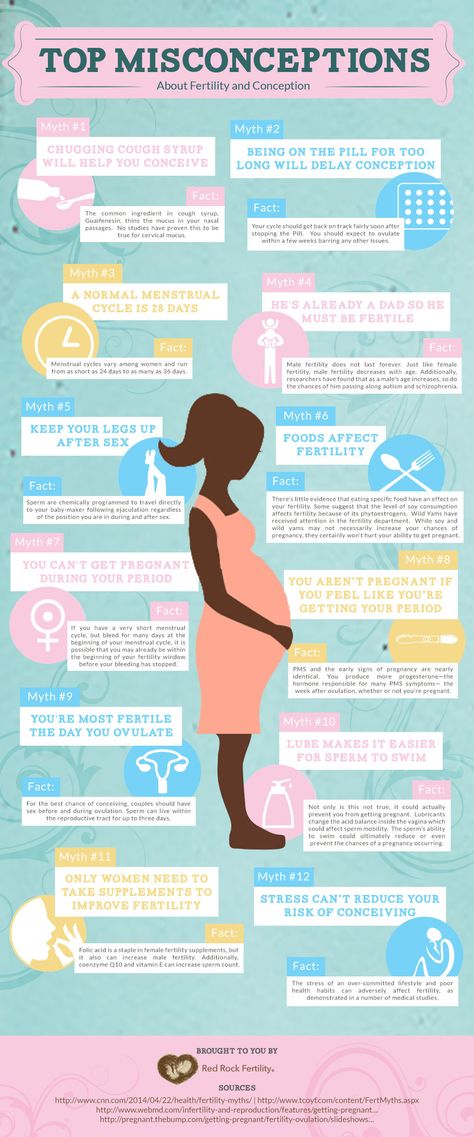
Are there really "safe" days for sex?
More likely no than yes. The calendar method is an unreliable method of contraception. With a perfect count, in theory, 1-5 women out of 100 will become pregnant in a year, but in reality, 12-24 women. This method is definitely not suitable for an irregular cycle, for those who have bleeding between menstruation and who, for health reasons, absolutely cannot get pregnant. In addition, such contraception does not protect against sexually transmitted infections.
If, in addition to the calendar, keeping a diary of basal temperature and cervical mucus, as well as doing home ovulation tests, then reliability increases. But all this requires iron discipline and daily measurements for many months. If pregnancy is definitely not included in the plans, it is better to choose a non-calendar method as contraception.
Read also 🧐
- Is it possible to take a pregnancy test in the evening
- Is it possible to get pregnant from lubrication
- Is it possible to get pregnant during menstruation
- Which signs of pregnancy can be trusted and which not
- Delayed periods: when and why to worry
Is it possible to get pregnant a week before menstruation
Pregnancy is a wonderful state in a woman's life.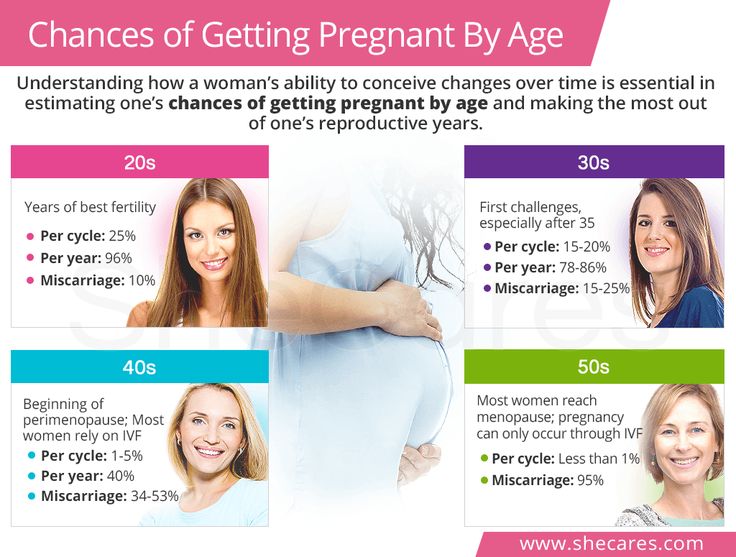 But sometimes, due to a number of reasons and external factors, a girl cannot decide to become a mother. In this case, in order to avoid an unwanted pregnancy, it is important to take care of contraception. Combined oral contraceptives, mini-pills and uterine spirals are means of long-term use. Compared to them, other contraceptives, such as male condoms, postcoital contraception, have a slightly higher Pearl index. But the use of the above methods depends little on the day of the woman's cycle, namely on the time of ovulation.
But sometimes, due to a number of reasons and external factors, a girl cannot decide to become a mother. In this case, in order to avoid an unwanted pregnancy, it is important to take care of contraception. Combined oral contraceptives, mini-pills and uterine spirals are means of long-term use. Compared to them, other contraceptives, such as male condoms, postcoital contraception, have a slightly higher Pearl index. But the use of the above methods depends little on the day of the woman's cycle, namely on the time of ovulation.
Methods such as calendar contraception and PPA (coitus interruptus) require a clear understanding of when ovulation occurs. For example, can you get pregnant a week before your period if you don't use protection? Or if to be protected by a method of the interrupted sexual certificate or act?
Contents
- Chances of a girl getting pregnant before her period: description by day
- Probability of fertilization a week before menstruation
- Is it possible to get pregnant 2-3 days before menstruation
- Unprotected intercourse the day before your period - is it possible to get pregnant?
- Will there be periods if you get pregnant a week before the critical days
- Regular and irregular cycle: the chances of getting pregnant
The chances of a girl getting pregnant before her period: description by day
On average, a woman's menstrual cycle lasts 28 days. During this time, periods of menstrual flow, ovulation and preparation of the body for possible fertilization pass.
During this time, periods of menstrual flow, ovulation and preparation of the body for possible fertilization pass.
The chance of getting pregnant changes on each of these 28 days. It peaks during ovulation plus a couple of days before and after it. And closer to the onset of critical days, the chance of fertilization decreases.
I had unprotected intercourse a week before my period. I was supposed to get my period today, but it didn't. Can I get pregnant and when will I find out I'm pregnant?
There is a chance of getting pregnant a week before the expected menstruation. But this does not mean that you immediately need to go to the pharmacy for a pregnancy test. The first rapid test will be positive (if fertilization has occurred) on 7-10 days of delay. But with equal probability, the delay in the onset of the period of menstrual flow may be due to other factors, and not pregnancy. Also, for 3-5 days of delay, you can undergo a gynecological examination. Uterine signs of pregnancy can be determined (asymmetry of the body of the uterus, softening of the isthmus, and others).
Uterine signs of pregnancy can be determined (asymmetry of the body of the uterus, softening of the isthmus, and others).
The probability of fertilization a week before menstruation
The probability of fertilization a week before menstruation is high. The period of ovulation has just ended, and the egg migrating into the uterine cavity can be fertilized by a sperm cell. Of course, getting pregnant on the 21st day of the cycle is less likely than during ovulation. But this does not mean that fertilization will not occur if you have unprotected sex at this time.
A week before the critical days (over 21 days) it is impossible to get pregnant if ovulation was exactly in the middle of the cycle (on days 12-14). That is, even though spermatozoa can live in the uterine cavity for up to 5 days (usually 1-3 days), fertilization will not occur on the 21st day of the menstrual cycle.
This postulate can only be applied if the woman uses the symptothermal method, which includes:
- calculation of the time of ovulation according to the calendar;
- basal temperature measurement;
- characterization of cervical mucus.
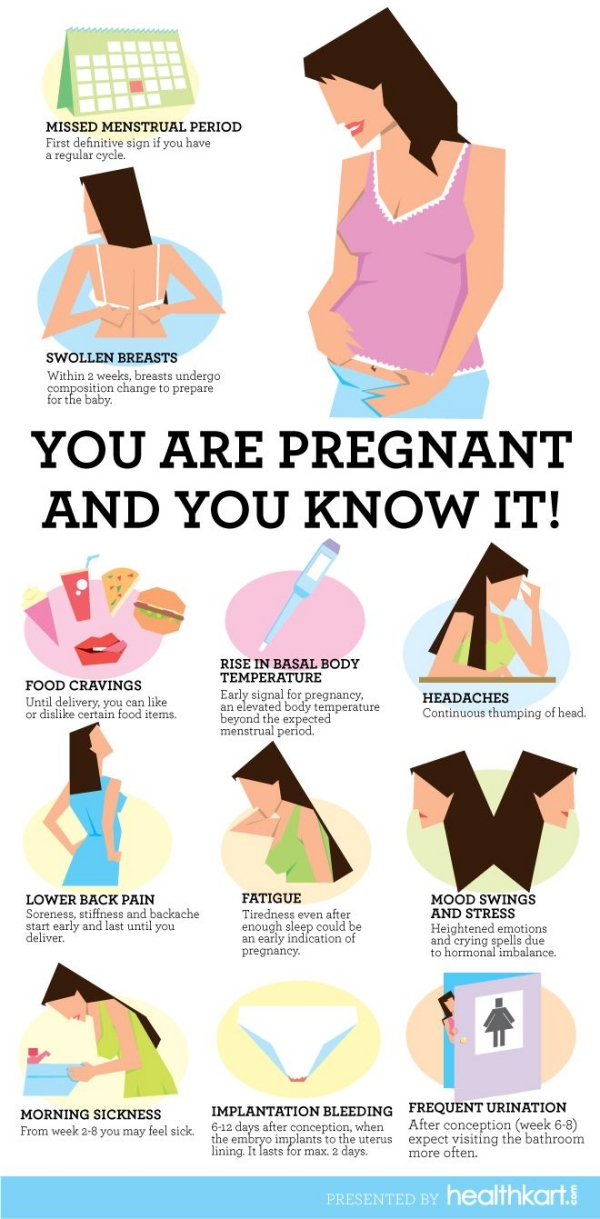
Once a year
35.23%
I don’t remember the last time I was there
27.43%
Once every six months
14.97% more often
Every 2-20003
8.91%
times in 3 years and less than
7.45%
times in 2 years
6.19%
Voiled: 75011
The isolated use of one of these methods, for example, billing (according to the nature of the mucus) will not give accurate information about the time of ovulation.
Is it possible to get pregnant 2-3 days before menstruation? Of course, this applies to a regular menstrual cycle lasting over 25 days. Any violation of the hormonal background of a woman, a change of residence, lack of sleep and frequent travel are reflected not only in well-being, but also in the time of ovulation. In the event of a failure of the hormonal cycle, the release of the egg from the follicle may occur a week before menstruation. In this case, there may be a delay in critical days.

Can I get pregnant a few days before my period?
Of course, you can get pregnant. But the chances that this will happen are quite small. If you do not plan to become a mother yet, it is better to use contraceptives even during this period.
Unprotected intercourse the day before menstruation - is it possible to get pregnant?
A girl with a regular menstrual cycle who knows the exact days of her period will not get pregnant the day before. This rule does not apply to the following groups of women:
- with irregular menstruation;
- menstrual cycle less than 21 days;
- with frequent change of sexual partners;
- having bad habits;
- in the presence of chronic pathologies in the period of exacerbation or relapse;
- with frequent stress and unbalanced daily routine;
- frequent travelers for long distances.
In order not to get pregnant before menstruation, you need to use contraception even the day before the critical days. Of course, the risk of getting pregnant with a regular cycle is almost zero.
Of course, the risk of getting pregnant with a regular cycle is almost zero.
But if the girl did not track the date of ovulation this month, it is better not to risk it and use one of the methods of protection.
My husband and I use the calendar method of contraception. My cycle is regular, 28 days. Tell me, what are the chances of getting pregnant a week before menstruation?
Seven days before the expected period, there is still a chance of conception.
Will there be periods if I get pregnant a week before critical days
Menstruation is the shedding of the mucous layer of the uterine cavity. During pregnancy, on the contrary, there is an increased proliferation (an increase in the thickness of this layer) of the endometrium so that the embryo with its membranes can be reliably implanted in the uterine cavity. Therefore, the onset of menstrual bleeding and pregnancy are two mutually exclusive concepts.
Implantation bleeding may occur during pregnancy.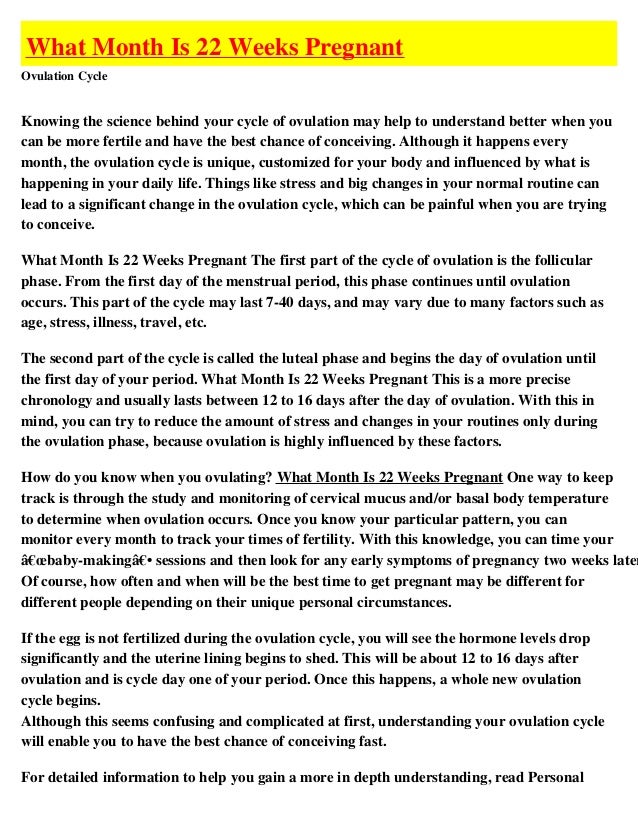 But it has a number of distinctive features by which it is not difficult to differentiate it from menstruation.
But it has a number of distinctive features by which it is not difficult to differentiate it from menstruation.
- high risk of miscarriage;
- initiating abortion;
- abortion in progress;
- miscarriage;
- detachment of the placenta in one of its areas;
- placenta previa.
Any of the above cases is a reason to immediately consult a doctor.
Is it possible to get pregnant before menstruation in 1 day? Will menses come then? And if you still become pregnant, when will the pregnancy test be positive?
If you have unprotected sex at this age, you must be aware of the chances of infection and that the body at this age is not yet fully prepared for pregnancy. It is unlikely to get pregnant the day before your period. But when pregnancy happens, menstruation will not begin. An express pregnancy test, which you can buy at a pharmacy, shows an accurate result from 7-10 days of delay.
An express pregnancy test, which you can buy at a pharmacy, shows an accurate result from 7-10 days of delay.
Regular and irregular cycles: the chances of getting pregnant
If you have a regular menstrual cycle, you are most likely to get pregnant during ovulation. It decreases closer to critical days and during this period is almost zero. In the case of an irregular monthly cycle, one cannot speak of an increase or decrease in the chances of getting pregnant.
In practice, there are many cases when girls with irregular menstrual cycles become pregnant. But on the other hand, the cause of irregular menstruation can be both hormonal disruptions in a woman's body and obesity, as well as fibroids, and even oncology. These and a number of other problems call into question the possibility of a normal pregnancy. Therefore, in all of these cases with an irregular menstrual cycle, a woman should consult a gynecologist. First, it is very important to cure the cause of irregular critical days, and only then think about pregnancy and motherhood.